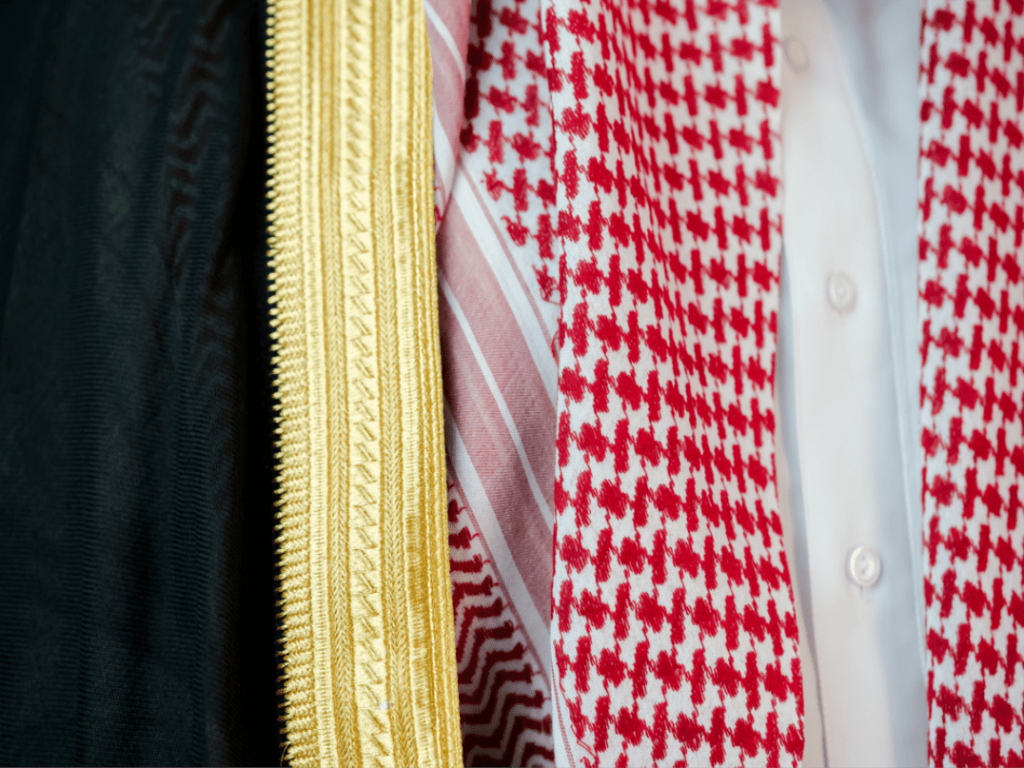Welcome to a fascinating exploration of Saudi Arabia culture, a rich tapestry woven from centuries of tradition, Islamic heritage, and the warm hospitality of its people. Understanding Saudi culture is key to appreciating the Kingdom’s unique identity and connecting with its vibrant society. This article will guide you through the core aspects of the culture of Saudi Arabia, offering insights into its customs, values, and artistic expressions. Whether you’re planning a visit, interested in its history, or learning the Arabic language, understanding Saudi Arabian culture will enrich your experience.
The Bedouin Legacy and Core Values
At the heart of Saudi Arabia culture and traditions lies the enduring influence of Bedouin heritage. The nomadic desert life instilled values that remain central to Saudi society today:
- Hospitality (ضيافة – Dhiafa): Welcoming guests with generosity and warmth is deeply ingrained. Offering food, drink, and assistance to visitors is a cherished custom.
- Honor (شرف – Sharaf): Maintaining one’s honor, family reputation, and tribal standing is paramount.
- Generosity (كرم – Karam): Giving freely and without expectation of return is highly valued.
- Respect for Elders (احترام الكبار – Ihtiram al-kibaar): Age is associated with wisdom. Showing deference to older individuals is a fundamental aspect of social interaction.
- Family Ties (روابط عائلية – Rawabit ‘a’iliyya): Family plays a central role in Saudi life, with strong bonds and mutual support.
The Profound Influence of Islam
Islam is not just a religion in Saudi Arabia; it is a way of life that permeates every facet of culture in Saudi Arabia. Its teachings shape laws, social norms, and daily routines.
- Religious Observances: Prayer times dictate the rhythm of the day, and religious holidays like Eid al-Fitr and Eid al-Adha are significant celebrations
- Modesty and Dress: Conservative dress is customary for both men and women. This reflects religious and cultural values.
- Social Interactions: Interactions between men and women are often more formal in public settings, though this is evolving, especially in urban areas.
- Values and Ethics: Islamic principles emphasize honesty, integrity, compassion, and social responsibility.
Traditional Arts and Expressions
The artistic landscape of Saudi Arabia culture is rich and diverse, reflecting its history and environment:
- Calligraphy (الخط العربي – Al-Khatt al-‘Arabi): As the script of the Quran, Arabic calligraphy is a highly revered art form. You can see callygraphy adorning mosques, buildings, and artistic creations.
- Poetry (الشعر – Ash-Shi’r): Oral tradition has long been strong, with poetry playing a vital role in storytelling, expressing emotions, and preserving history.13 Nabati poetry, a colloquial form, is particularly popular.
- Music and Dance: Traditional music often features instruments like the oud and rabab. Traditional dances vary by region, with the Ardah, a sword dance performed by men, being a national symbol.
- Storytelling (الحكاية – Al-Hikaya): Passing down tales and legends through oral tradition remains an important aspect of cultural transmission.
- Crafts (الحرف اليدوية – Al-Hiraf al-yadawiyya): Traditional crafts include weaving (carpets, textiles), pottery, jewelry making, and wood carving, often featuring intricate geometric patterns.
Social Customs and Etiquette
Navigating social situations in Saudi culture requires awareness of certain customs and etiquette:
- Greetings: Common greetings include “As-salamu alaykum” (Peace be upon you), with responses like “Wa alaykum as-salam” (And upon you be peace). Handshakes are common between men, but physical contact between men and women in public may be limited depending on the level of familiarity and social context.
- Hospitality Rituals: Accepting offers of food and drink is polite. If offered coffee (gahwa) or tea, it’s customary to accept at least one cup.
- Public Behavior: The expectation sets to maintain modest behavior in public. Loud or overly expressive displays of emotion are generally avoided.
- Ramadan: During the holy month of Ramadan, Muslims fast from dawn till dusk. Eating, drinking, and smoking in public during fasting hours are prohibited.
- Majlis (مَجْلِس): This is a traditional sitting area used for receiving guests and socializing. It’s a significant space for fostering community and conversation.
Regional Diversity within Saudi Arabia Culture
It’s important to note that while there are core cultural values, Saudi Arabia culture also exhibits regional variations. The traditions and customs in the Hejaz region (including Mecca and Medina) may differ in some aspects from those in Najd (the central region) or the Eastern Province.
Experiencing Saudi Arabia Culture
For learners of Arabic and those interested in the region, understanding Saudi Arabia culture and traditions provides invaluable context. It enhances your appreciation for the language, helps you navigate social interactions with respect, and offers a deeper understanding of the Saudi identity.
To further explore the richness of culture in Saudi Arabia, we invite you to visit www.kaleela.com. Our platform offers insights into not just the Arabic language but also the diverse cultures of the Arab world. Download the Kaleela app to immerse yourself in language lessons and cultural notes that will bring the heart of Arabia closer to you.



